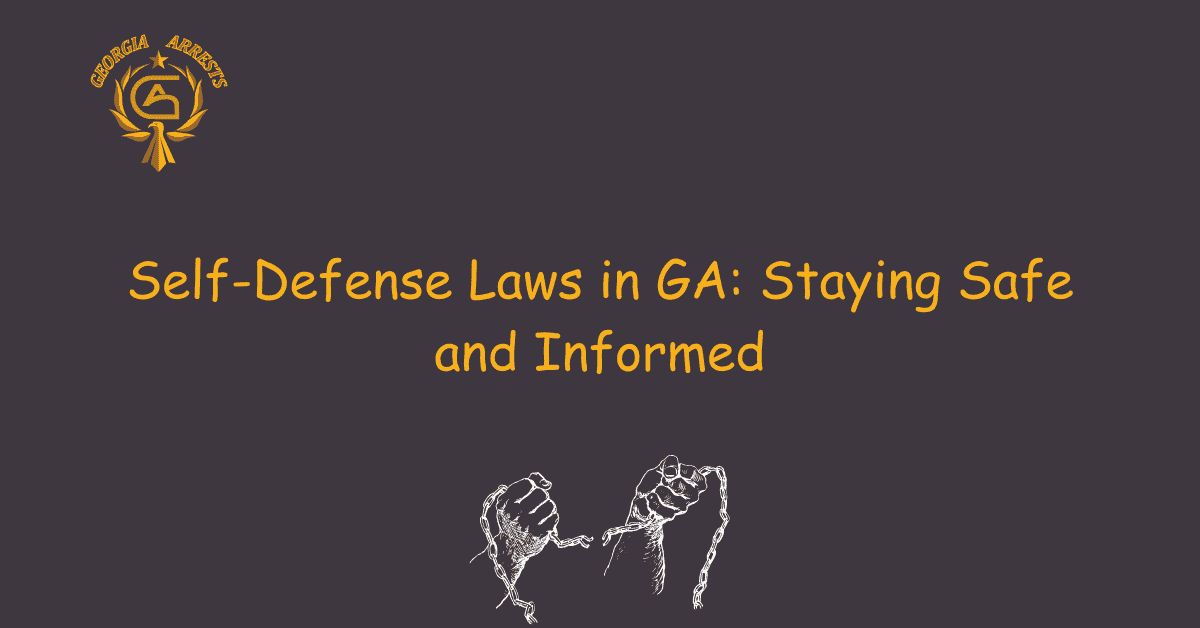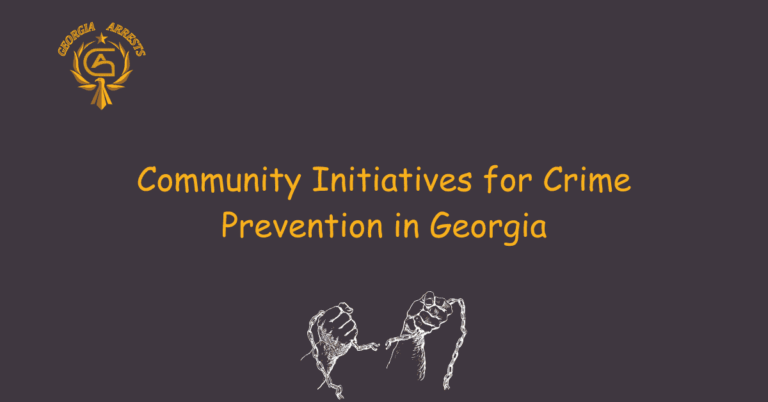Self-Defense Laws in GA: Staying Safe and Informed
Self-defense is a fundamental right that is recognized and protected by law in the state of Georgia. Understanding the self-defense laws in Georgia is crucial for staying safe and informed. Whether you are a resident of the state or just passing through, it is important to know your rights and responsibilities when it comes to defending yourself and others. This article will provide an overview of the self-defense laws in Georgia, including when and how you can use force to protect yourself and what you should do if you find yourself in a dangerous situation.
Understanding Self-Defense Laws in Georgia
Self-defense is a fundamental right that is recognized and protected by law in the state of Georgia. It is important for residents and visitors alike to have a clear understanding of the self-defense laws in the state to ensure their safety and to make informed decisions in dangerous situations.
When Can You Use Force to Protect Yourself?
Georgia law allows individuals to use force, including deadly force, to protect themselves or others from imminent bodily harm or death. However, the use of force must be reasonable and proportionate to the threat faced. This means that you cannot use excessive force or continue to use force once the threat has been neutralized.
Stand Your Ground Law
Georgia is a “stand your ground” state, which means that individuals have no duty to retreat before using force in self-defense. If you reasonably believe that you or someone else is in immediate danger, you have the right to stand your ground and defend yourself.
Castle Doctrine
The Castle Doctrine is another important aspect of self-defense laws in Georgia. It allows individuals to use force, including deadly force, to defend themselves or others within their own home, vehicle, or place of business. This doctrine recognizes the inherent right to feel safe and secure in one’s own property.
Use of Deadly Force
Georgia law permits the use of deadly force in self-defense when there is a reasonable belief that it is necessary to prevent death or great bodily harm. However, it is crucial to remember that the use of deadly force should always be a last resort, and other alternatives should be considered whenever possible.
What to Do in a Dangerous Situation
If you find yourself in a dangerous situation where you believe self-defense is necessary, it is important to act quickly but responsibly. Assess the threat and determine if it is reasonable to use force. If you decide to use force, remember to use only the amount necessary to neutralize the threat. After the incident, it is advisable to call the authorities and report the incident as soon as it is safe to do so.
FAQs
What are the self-defense laws in Georgia?
Georgia has stand-your-ground laws that allow individuals to use force, including deadly force, to defend themselves if they reasonably believe they are in imminent danger of serious bodily harm or death.
Can I use deadly force in self-defense?
Yes, under Georgia law, you can use deadly force in self-defense if you reasonably believe it is necessary to protect yourself or others from imminent harm or death.
What is the Castle Doctrine in Georgia?
The Castle Doctrine in Georgia allows individuals to use force, including deadly force, to defend themselves inside their homes or vehicles if they reasonably believe they are facing a threat of imminent harm or death.
Do I have a duty to retreat in Georgia?
No, Georgia is a stand-your-ground state, which means you are not required to retreat before using force, including deadly force, in self-defense.
What factors are considered when determining if self-defense is justified?
When determining if self-defense is justified in Georgia, factors such as the reasonableness of the belief of imminent harm or death, the proportional response to the threat, and the absence of any provocation or aggression from the defender are considered.
Can I use force to protect my property in Georgia?
Under Georgia law, you can use force, but not deadly force, to protect your property if you reasonably believe it is necessary to prevent the commission of a forcible felony.
Conclusion
Understanding the self-defense laws in Georgia is essential for protecting yourself and others. By knowing your rights and responsibilities, you can make informed decisions in dangerous situations and ensure your safety within the boundaries of the law







